Felines have the reputation of being aloof and selfish. But ask any cat owner, and they’ll tell you that their cat brings life and joy into their lives. A dog may be a man’s best friend, but a cat is their comic relief. The internet would agree. Cat videos rule the internet for a good reason; Studies show that people who watch cat videos feel more energetic and enthusiastic. A cat’s curiosity is silly and lighthearted. And because they’re so quick and agile, their antics rarely result in any real danger.
The Human-Animal Bond Research Institute (HABRI) focuses on the close relationships between humans and their animals. According to HABRI, 85% of pet owners say their pet helps reduce feelings of loneliness and isolation. For people without the time or ability to take dogs out for regular walks and play sessions, cats are an excellent option for an emotional support animal (ESA).
What is An Emotional Support Animal?
An emotional support animal (ESA) is more than a pet but doesn’t have the extensive training that a service dog requires. An ESA helps provide warmth, comfort, and a connection to individuals with an emotional or mental health disorder. And they are a formal part of a person’s therapy.
If you are ready to connect online with a licensed health professional for an ESA letter, click on the link above to get started.
How To Be Approved For an Emotional Support Cat
Emotional support animals are protected by the Federal Housing Act when living with their owner. To own an ESA legitimately, individuals must approach a licensed mental health care provider and qualify for an ESA letter. A legitimate ESA letter can be issued by any licensed medical practitioner licensed in the state of residence, such as:
- licensed nurse practitioners
- licensed marriage and family therapist (LMFT)
- psychiatrists
- psychologists
- medical doctors
- licensed clinical social workers (LCSW)
This can be the primary doctor or a therapist online through telemedicine.
7 Best Emotional Cat Breeds
Whether it’s an affectionate brush against the legs or snuggle on the couch, cats have their quirky displays of love that work perfectly as emotional support animals. If you’re thinking of choosing a friendly feline for emotional support, the following are the seven best cat breeds to have as an ESA:
1. Bengal
If you’re considering a Bengal cat, be prepared to answer questions about this exotic-looking breed. Bengal cats stand out for their leopard-like spotted colors and “wildcat” looks. Playful and active, they’re best for people who enjoy a lot of interaction with their pets. Because of their high intelligence, Bengals are known for being highly trainable and can sometimes learn tricks on their own—like opening window latches and switching on the lights! Unlike most cats, many Bengals are drawn to water and may even play with faucets. If you’re looking for a cat that you can enjoy watching for hours, the Bengal cat is the feline for you.
2. Maine Coon
The Maine Coon is a fluffy beauty. One of the largest of all the cat breeds, the Maine Coon’s thick, soft fur makes it look even larger—some can even grow as large as a medium-sized canine. Maine Coons speak in a soft voice and are very gentle with small children, despite their size. Most Maine Coons enjoy high perches, though they’ll happily come down for some affection. Because of their size and long coat, these cats are a joy to hold and carry. Just be mindful that their beautiful fur takes frequent brushing and grooming.
3. Persian
Persian cats are gentle, regal, and quiet. Their uniquely cute faces and distinct fur make them lovely to look at, but they’re also affectionate and attention-loving. These cats are very patient and can sit for long periods on their owners’ laps, making them ideal emotional support animals. Just like Maine Coons, however, Persians need quite a bit of grooming to keep their coat lush and clean.
4. American Bobtail
The American Bobtail is quiet, polite, and makes a great family pet. Their voices are soft, and they tend not to be intrusive. They are, however, independently playful and can get into silly mischief. Their funny antics are a joy to watch and can lift anyone’s spirits. The American Bobtail’s uniqueness lies in its tail, half the length of the average cat’s tail!
Do you need an Emotional Support Cat? Get your legitimate Emotional Support Cat Letter Now?
5. Manx
Another cat with a special appearance is the Manx—it doesn’t have a tail at all! What it doesn’t have tail-wise is made for in intelligence. The Manx is exceptionally smart and can even be taught to play fetch. They’re very affectionate and eager to please. Because they’re loyal, they often choose one person in a family to shower all their love on, which makes them ideal as ESA.
6. Russian Blue
If you’re looking for an elegant and striking cat, the Russian Blue fits the bill. Its minky-soft, blue-gray coat and shimmery gem-like eyes conjure images of royalty and prestige. Not surprisingly, the Russian Blue was once the favorite pet of Russian czars. As you would expect, the Russian Blue is well-mannered, polite, and gentle. Although shy around strangers, they’re playful and affectionate with their owners.
7. Ragdolls
Carry a Ragdoll cat, and you’ll understand how they got their name. These cats enjoy being petted and carried around like ragdolls. They can become so comfortable while being cuddled that they’ll purr and go limp—wanting only to be showered with attention. These cats actively seek out human connections and will try to be near their owners. Unlike most cats, Ragdolls will accompany their owners around the home and try to get their attention. This desire for companionship makes Ragdolls a great choice as an ESA.
Cats as Emotional Support Animals
If you think a cat’s snuggle and laughable antics can help you with your mental or emotional disorder, consult with a licensed healthcare professional to see if an ESA is right for you. A feline friend can make the day a little bit sunnier and the heart a little bit lighter. After all, millions of internet cat videos can’t be wrong!
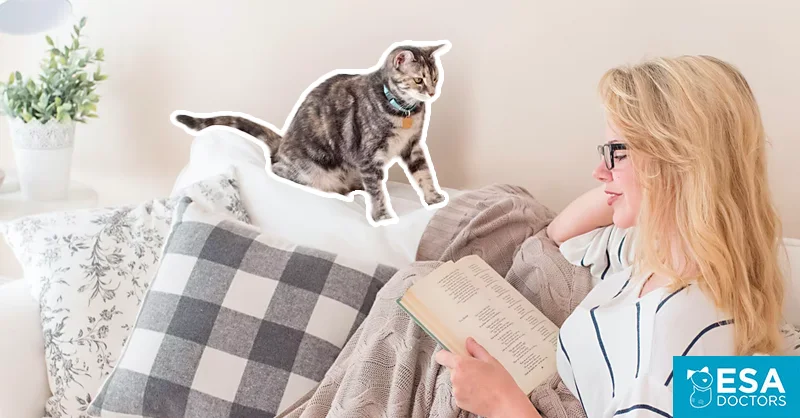

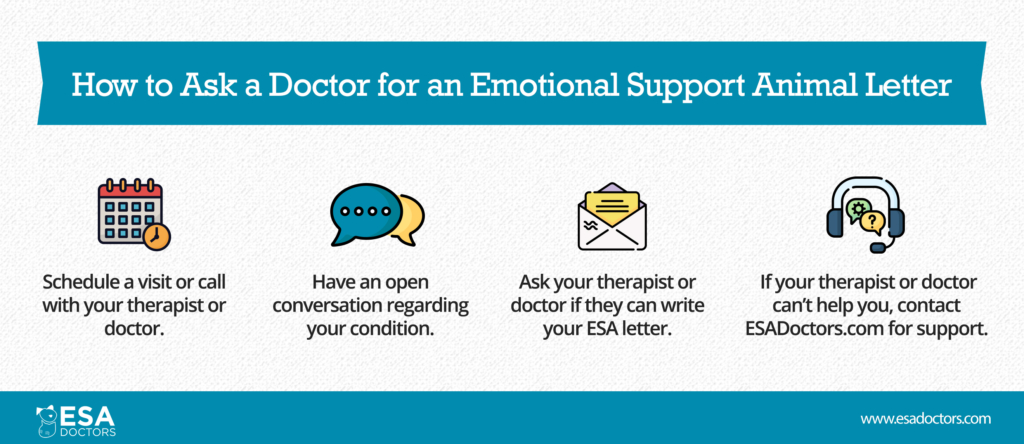

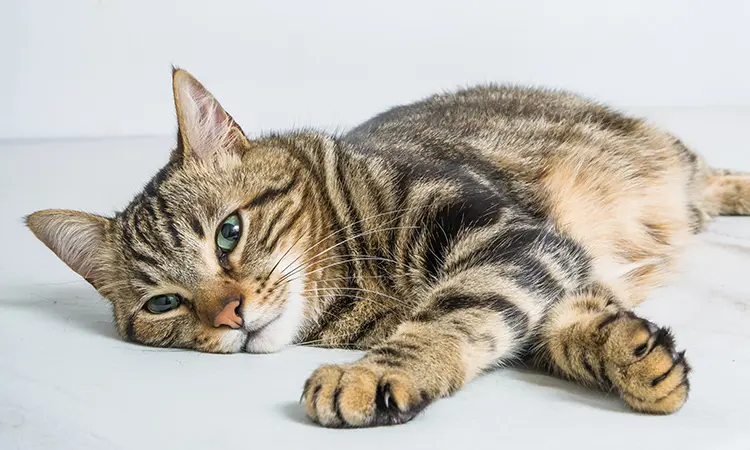
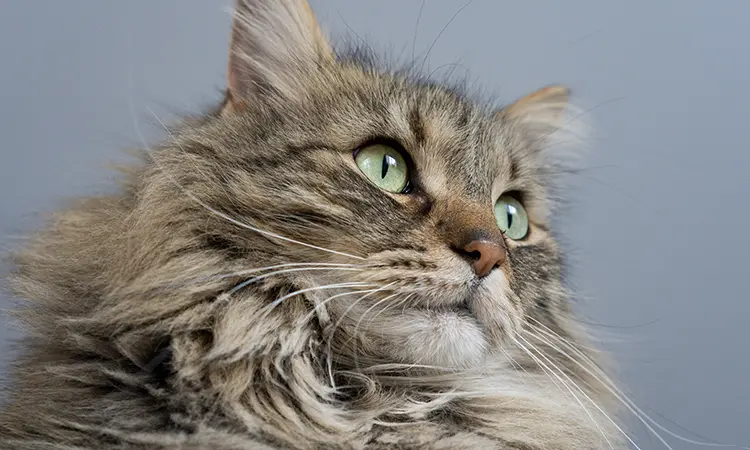
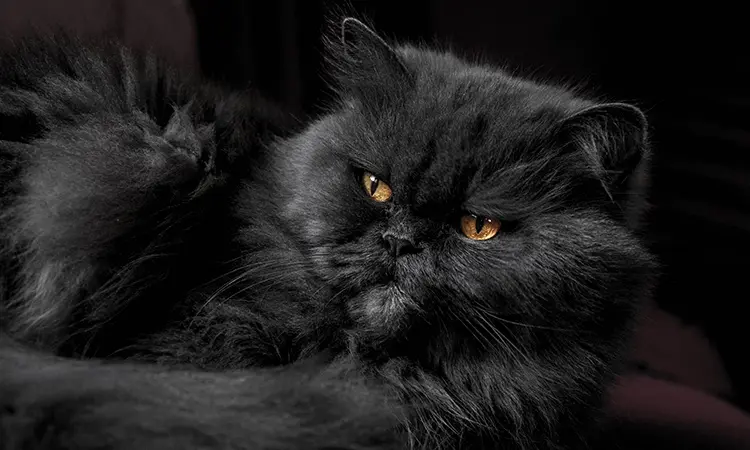

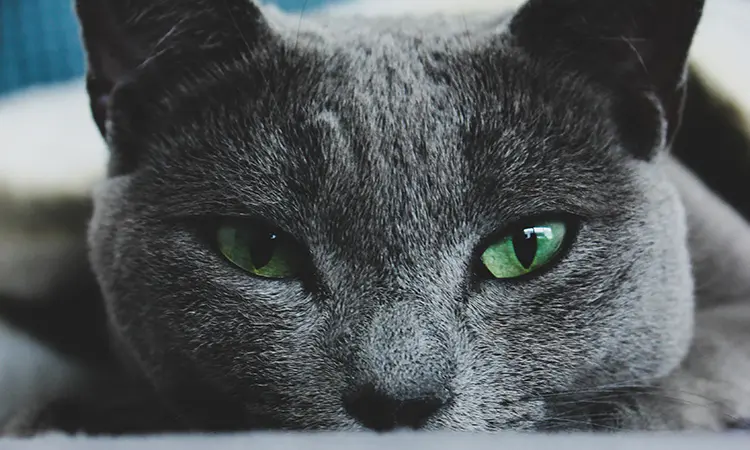
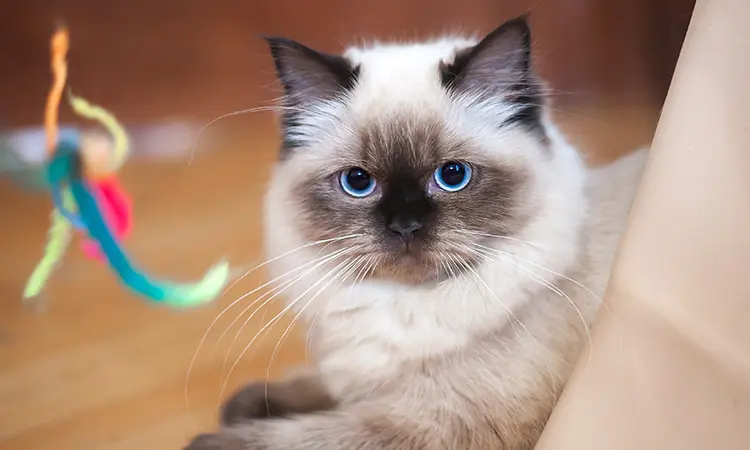


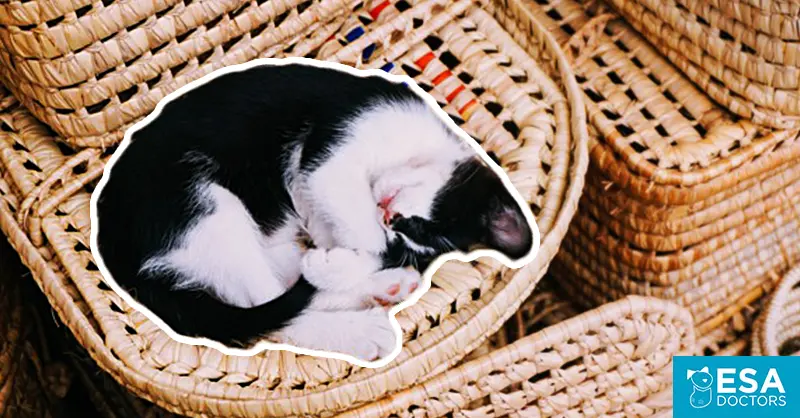
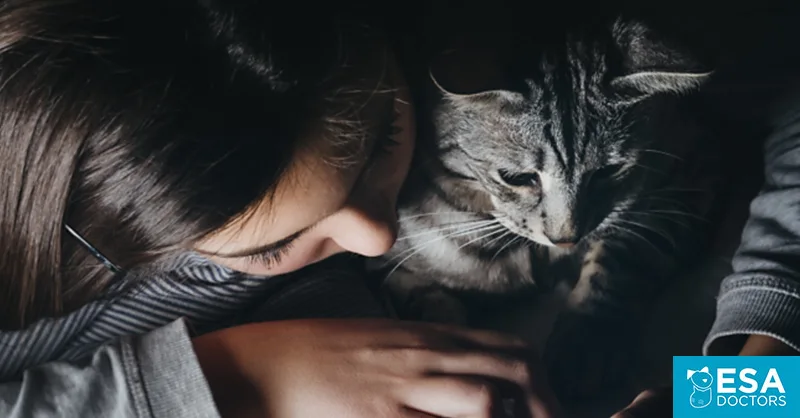
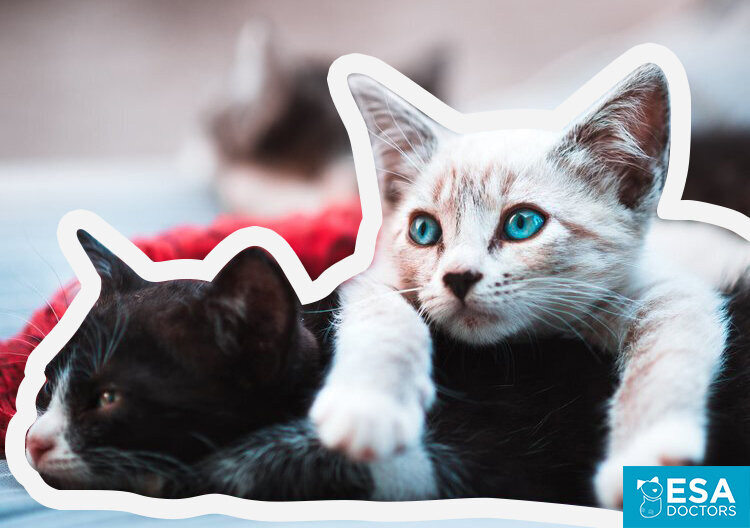
Leave a Comment